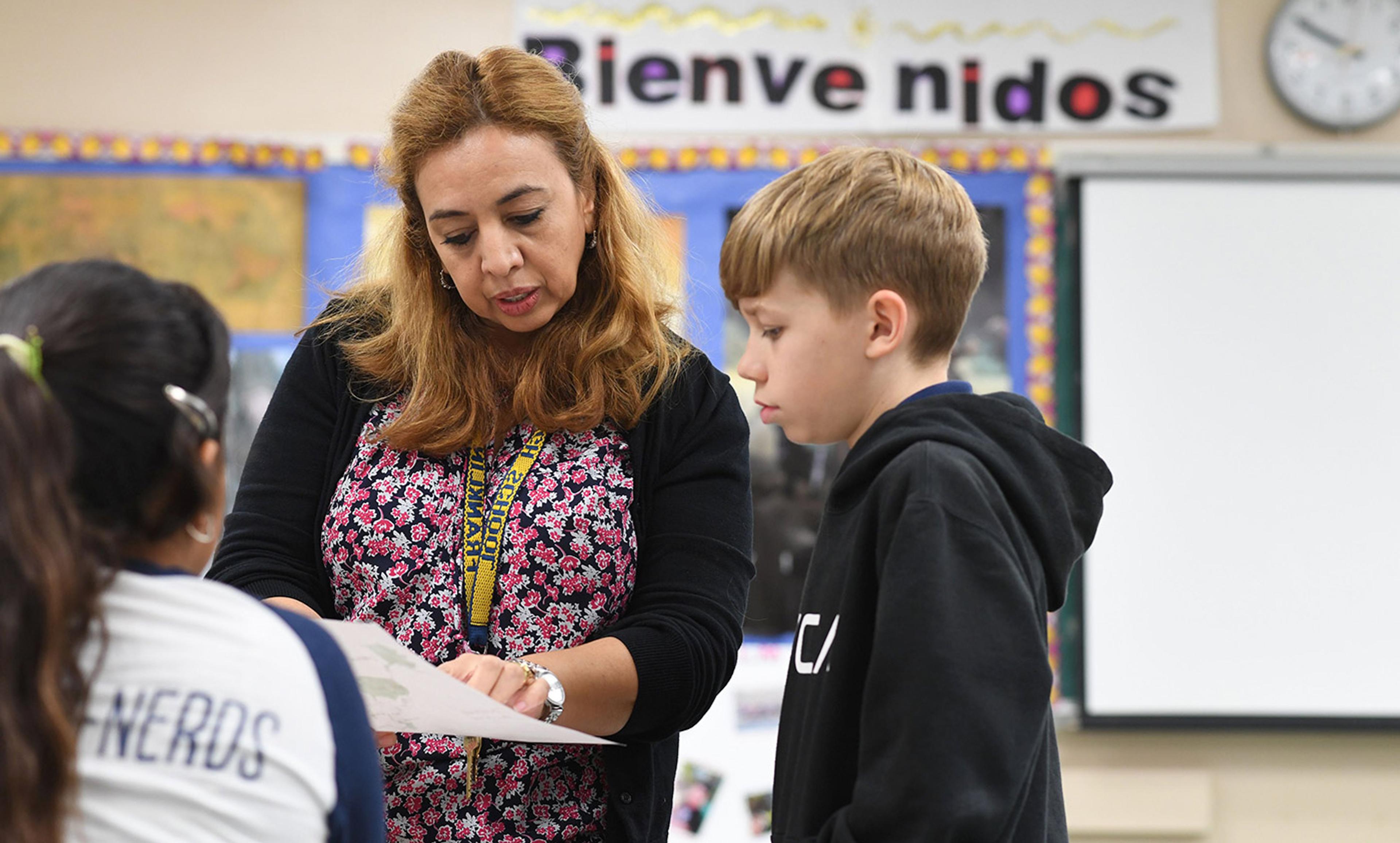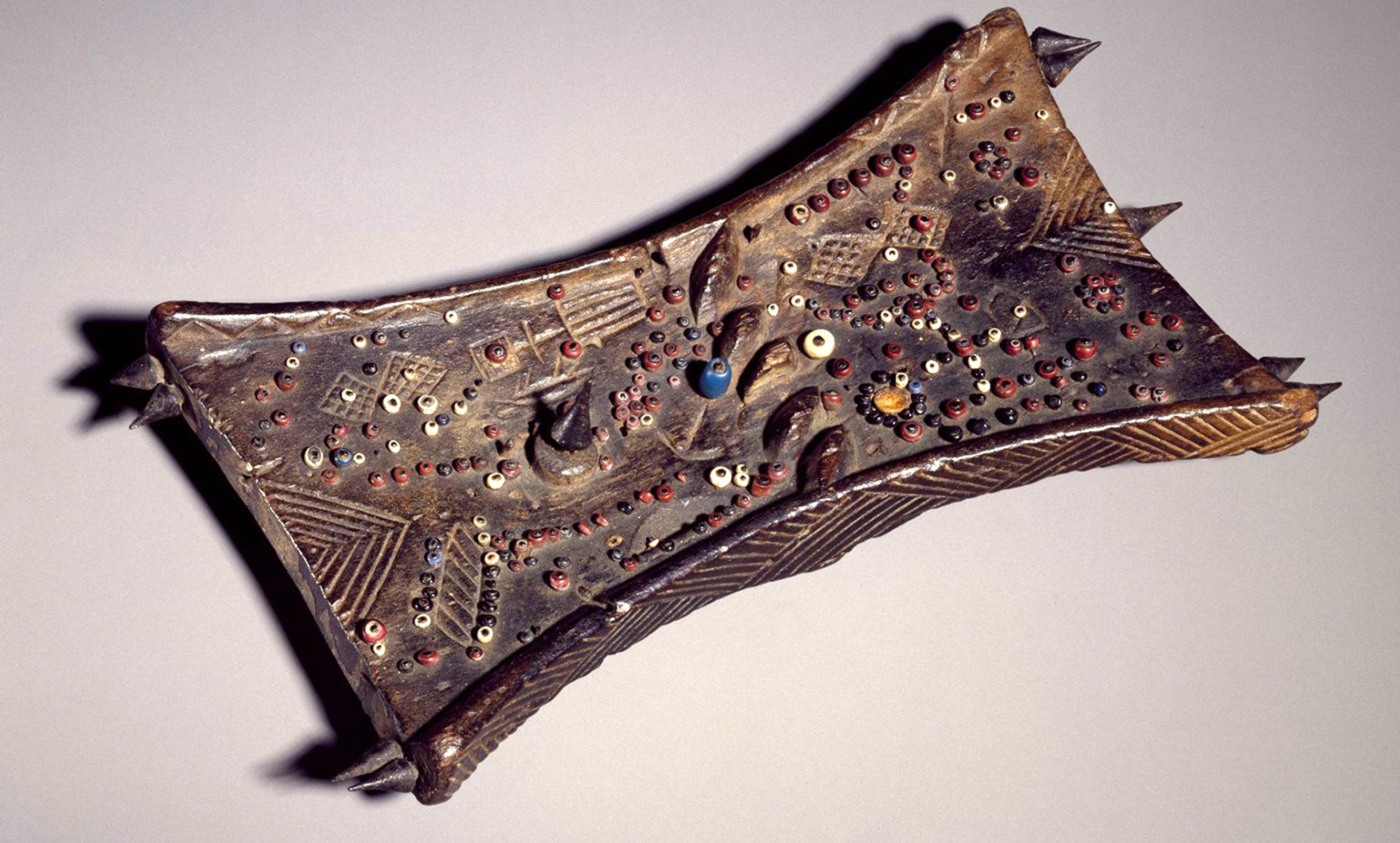Achi Raz/Flickr
Tell me if this sounds familiar: you just turned off the light, your head is on the pillow, your eyes are closed, and yet, instead of drifting off to dreamland, you find yourself thinking about something that happened earlier in the day. Surprisingly, this process of reactivating your memories occurs even when you aren’t aware of it, and not only is it normal, it might actually improve your memory.
As a second-language researcher, I am especially interested in harnessing this phenomenon to help people learn new languages. I recently became excited about its potential while attending a symposium at the Cognitive Neuroscience Society’s annual meeting in New York City, where researchers discussed what they had learned about reactivation of memory.
One avenue of work comes from Columbia University in New York, where the neuroscientist Daphna Shohamy uses fMRI brain scans to measure oxygen metabolism and by association, neural activity. She’s found that when one of two related items are rewarded, the second item becomes wrapped up in the positive memory, too. To give a real-world example, say that you bought a pair of brand Y shoes. If someone then compliments you on the shoes, you are more likely to buy brand Y again, even if the compliment had nothing to do with brand Y. Continuing with our analogy, Shohamy’s lab finds that the amount of activity generated by the compliment (as measured through fMRI) is positively correlated with how likely you are to buy brand Y again. In other words, the memory centre of your brain, the hippocampus, has paired not only the brand and the shoes but also the information associated with both, such as the compliment. All of that is reactivated when you go to buy your next pair of shoes, even if you aren’t aware of it.
Participants in Shohamy’s study were not consciously aware of the effect that such pairings had on their decision – even though they were thoroughly awake. But memory reactivation also occurs during sleep, when we are truly unconscious. At Northwestern University in Illinois, Ken Paller and colleagues have found that slow-wave sleep – more commonly known as deep sleep – can cause memory reactivation because of its periods of heightened neural synchrony, when lots of neurons activate together.
Of particular interest for language-learning, Paller’s lab has found that memory reactivation during slow-wave sleep can be manipulated to improve specific memories. For example, they found that if you pair a sound with a picture while awake, and then play the sound during slow-wave sleep, this improves later recall of that picture – although the effect depends on how well you had learned the pairing the first time. Paller’s lab has found that the effect holds regardless of the type of information cued: everything from playing a melody to unlearning stereotype associations all benefit from reactivation during sleep.
The most obvious application for learning a foreign language would be in retaining new vocabulary. Many people already learn foreign-language vocabulary by pairing it with a translation in their native language. This type of pairing is very similar to what Paller’s lab has already done, and so it is likely that extending this to second-language learning would be successful.
Even more interesting is the possibility that memory reactivation may be instrumental for effective language immersion. I specify effective language immersion because research shows that immersion is hardly a panacea for curing your language-learning ills. Study-abroad experiences are more effective than domestic learning only when learners take advantage of the extra opportunities to use the second language. These opportunities include participating in daily experiences, such as taking the bus or grocery shopping, as well as local cultural experiences – all of it offering a multitude of cues and contexts that are impossible to impart in a typical classroom setting.
But getting this benefit simply by spending time in foreign company can be difficult. Popular tourist destinations such as Florence, where I studied, are used to English-speaking visitors, and the well-meaning people there will often return your attempts to speak Italian with English. One of the ways I got around this was through volunteering at local schools. Even though I was there to help the kindergarteners and first-graders with their English, I taught it to them using Italian. Another way to help yourself practise is by simply staying outside the centre of town. Visiting shops that don’t typically cater to tourists will significantly increase your chances of meeting people who are appreciative of your budding language skills, rather than cynical. That type of positive reinforcement is invaluable: each positive experience I had made me want to keep practising.
Moving beyond the obvious idea that more practise is better, it is likely that practise is most effective when combined with sufficient deep sleep. Paller’s work, extended to language-immersion students, could allow us to stack the deck in terms of which items are reactivated and consequently retained. Of course, understanding the degree to which memory reactivation during sleep can boost language-learning would require testing – for instance, correlating gains in second-language proficiency with the amount of slow-wave sleep during immersion. Such a study would be the first step towards developing strategies to help us maximise our language-learning efficiency.
Shohamy’s finding that memory reactivation can influence our decisions, especially when the memories are tinged with positive or negative emotions, could have an impact, too. One of the most important decisions you make in an immersion context is how much to engage with native speakers. If you imagine that your motivation or persistence is based on past experiences, then you can see the beginnings of a potential positive spiral: motivated learners have positive language experiences, which are more likely to be reactivated due to the positive associations, consequently improving their language skills and allowing them to have more experiences, starting the cycle again.
Even if you aren’t currently learning another language, there is plenty to take away from this research. Memory reactivation appears to improve our recall and guide our decisions. We might be able to manipulate this process to our benefit by sleeping more so that we increase our slow-wave sleep – and simultaneously selectively stimulating memories during that slow-wave sleep, whether for second-language vocabulary or guitar melodies. So the next time you have the option of sleeping in on a Saturday morning, take it. You now have a reason not to set that alarm.






